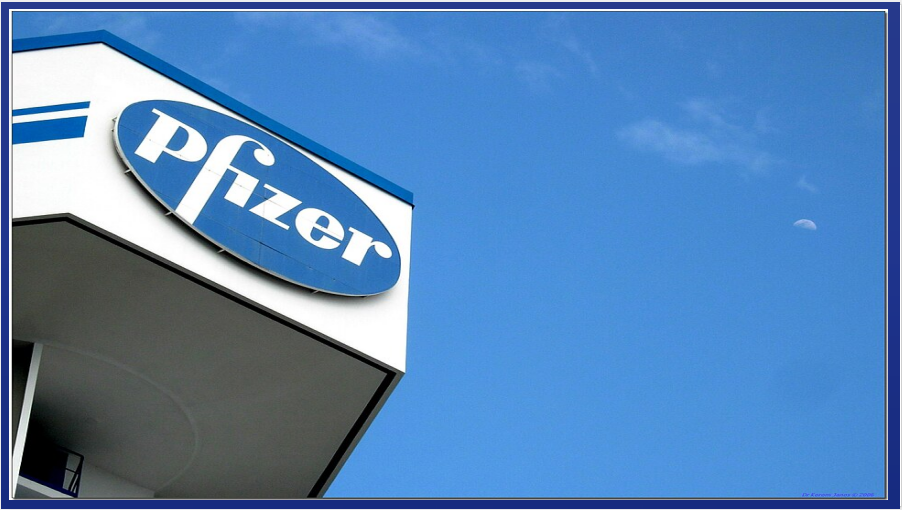Washington, D.C., 1 October 2025 — Pharmaceutical giant Pfizer has reached a sweeping $70 billion agreement with the Trump Administration, pledging to lower prescription drug prices for Medicaid patients while investing heavily in U.S. research, development, and manufacturing.
The deal, described by both sides as a “landmark agreement,” ties Pfizer’s pricing to a “most-favored-nation” benchmark, ensuring that new medicines will be sold in the United States at prices no higher than those charged in other developed countries. In return, the company will receive tariff relief and a three-year exemption from new pharmaceutical import duties, provided it expands domestic production.
President Donald Trump hailed the agreement as a breakthrough in tackling America’s high drug costs, promising that low-income patients would see significant savings. Pfizer confirmed that some treatments could be discounted by up to 85%, with average reductions around 50% for Medicaid.
Beyond pricing, the deal secures a $70 billion investment in U.S. R&D, which Pfizer says will accelerate its next generation of gene-based therapies. These include:
- Cancer “vaccines” designed to target tumour-specific mutations
- Obesity treatments using novel injection-based biologics
- An expanded vaccine portfolio covering flu, RSV, and avian influenza
- Chronic disease biologics in inflammation and immunology
The agreement also paves the way for TrumpRx.gov, a direct-to-consumer federal platform launching in 2026, where Americans will be able to purchase discounted Pfizer medicines online.
While investors welcomed the deal — Pfizer’s shares rose more than 6% — analysts noted that the concessions apply primarily to Medicaid, leaving Medicare and private insurance markets untouched for now. Still, the move is seen as a precedent-setting shift in U.S. drug pricing policy, with other pharmaceutical companies expected to face similar pressure.
Pfizer Signage by János Korom Dr.


